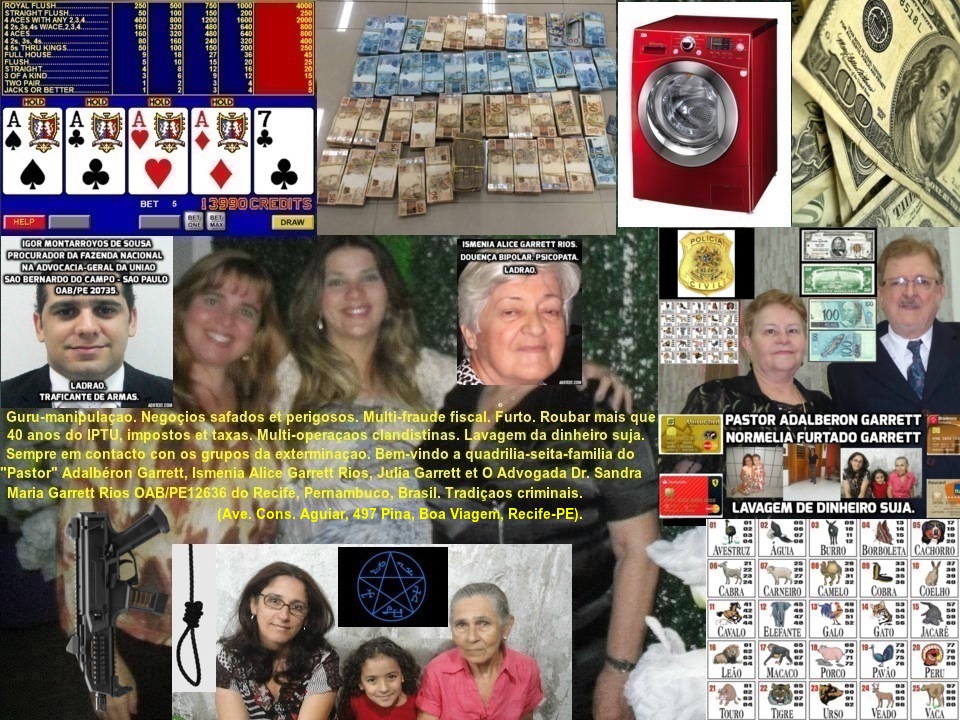

Suggested reading The demolition of Kharkiv And the European country with one of the most robust records of action in support for Ukraine, its neighbour Poland, is led by Andrzej Duda, an ultraconservative sprung from the Law and Justice party, who pursued dramatic curtailing of abortions, gay rights, and immigration. Meanwhile, the Conservative People’s Party of Estonia - once mildly supportive of Putin - not only switched its tone but has been supporting proposed energy embargoes. The Alliance for the Union of Romanians and Latvia’s National Alliance, which have both always been hyper-conservative and anti-Russian - this has accelerated since February 24, with the National Alliance, for instance, proposing to deny residency to Russian citizens in Latvia. On the other hand, there is no shortage of far-Right parties in Eastern Europe who embrace ultraconservatism while opposing Putin. Even in the weeks following the invasion, Wilders’s previously qualified endorsement of the Russian leader has mostly gone quiet as he opposes sanctions and spreads talking points of the Russian state in his media channels. And yet that ostensible commitment to core liberal values has seldom inspired opposition toward anti-liberal Putin. One example is that blond bombast Geert Wilders of the Dutch Party for Freedom, who has long claimed that liberalism, rather than conservatism, motivates his opposition to immigration on the grounds that Muslims threaten feminism, gay rights, and democracy. However, perhaps counterintuitively, “liberal” nationalists have produced some of the more tepid criticisms of Russia’s invasion.

If we were to divide Europe’s ultra-nationalists into two camps, we would see, on the one side, more moderate reformers who tend to endorse cultural nationalism, philosemitism, and pro-democratic liberal chauvinism opposite hardline idealists lurching toward ethnonationalism, anti-Semitism, cultural conservatism, explicit anti-liberalism, and authoritarianism. But it’s worth understanding the nuances of the far-Right’s worldviews and values, which vary and are at times mutually irreconcilable. Ideological consistency is elusive among the far-Right - a fact the Left likes to point out, without understanding its implications. Suggested reading Ukraine has split the far-Right It may be an outgrowth of the Left’s enduring insistence that its visions and campaigns (minority rights, environmentalism, anti-Imperialism, etc.) will all smoothly integrate in a political universe suited to mass management, where ideological consistency and coherence reign. It has to do with convincing yourself that the people you oppose in one context are also your enemies in all others: to declare the universality of your ideological map, and to extinguish all suspicion that You and They might look at a single consequential political development and feel the same way about it. Link local cultural conservatives to the unpopular Putin via alleged ideological commonalities, and you make conservatism less appealing. The first, revealed in comments such as Ioffe’s, is strategic opportunism: to use public opinion about foreign policy to advance a domestic political effort. Two agendas seem to drive much of this commentary. “We’re all witnessing the great challenge of our times play out around us,” she concludes. You are his ideological ally.” CNN columnist Frida Ghitis went further in theorising coherence and consistency between Russia’s invasion and the agendas of Western rightists, linking Putin with Marine Le Pen’s reach for the French presidency and even Elon Musk’s attempt to purchase and transform Twitter. As she wrote for an American audience: “To the people who think… that trans people are made up, that ‘cancel culture’ has gone too far, that ‘men should be men and women should women’ - congratulations, you agree with Putin.

Suggested reading What Putin and liberals shareĬommentators such as prominent Russian-American journalist Julia Ioffe were more prescriptive than descriptive in their characterisations.


 0 kommentar(er)
0 kommentar(er)
